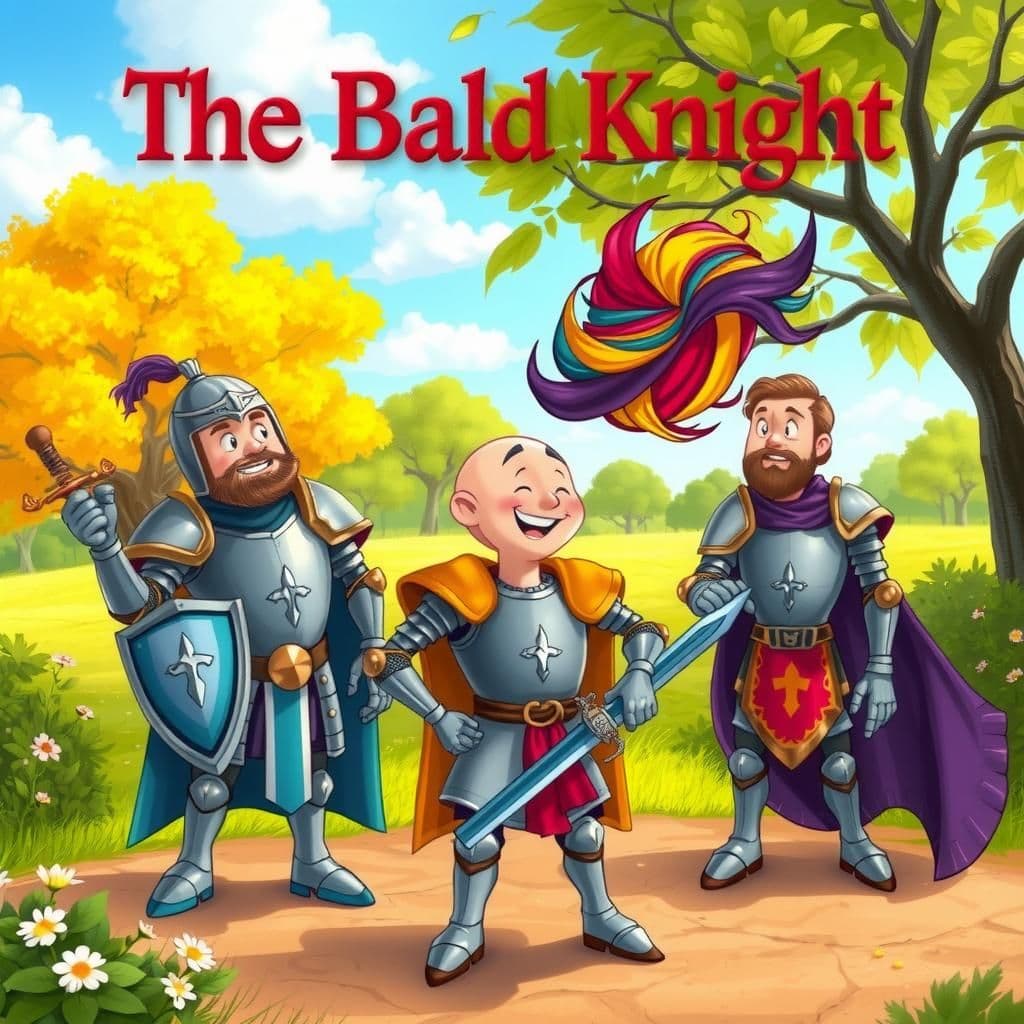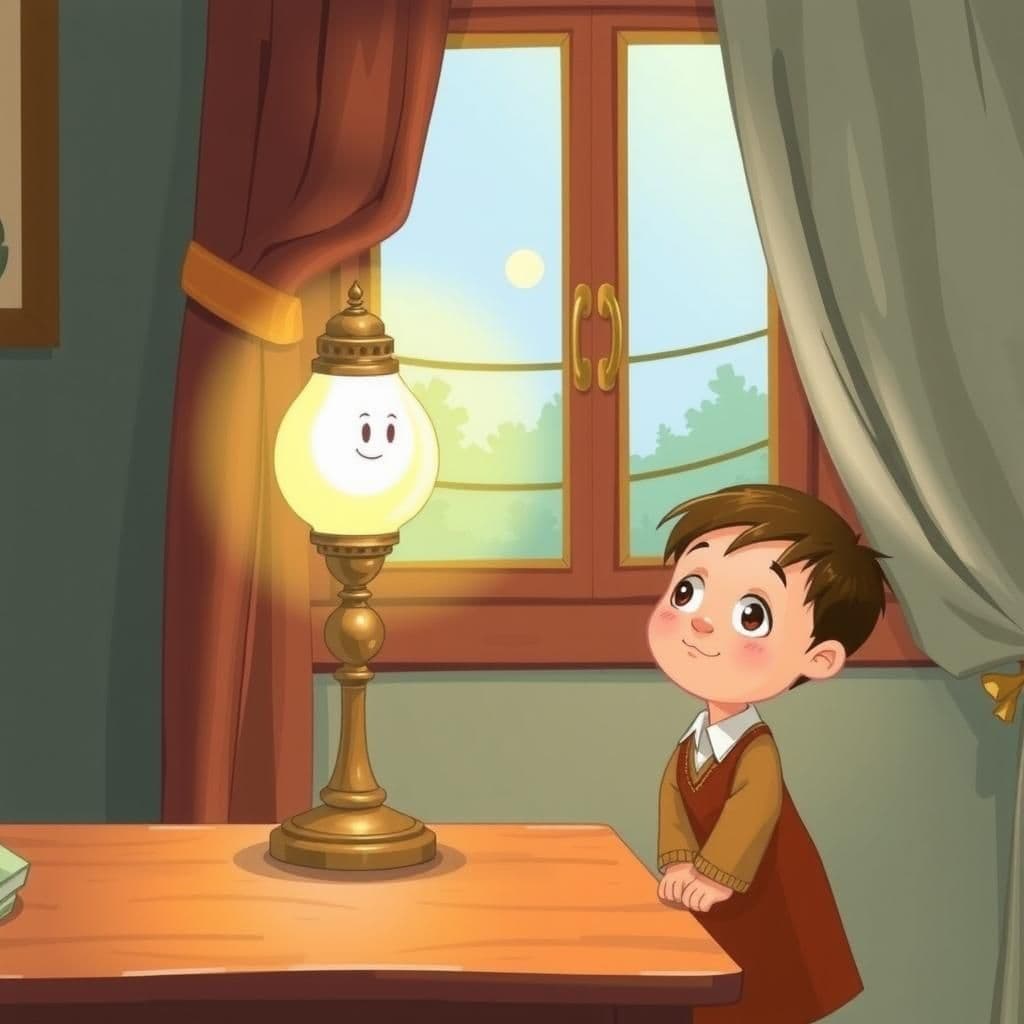The Mountain and the Mouse

Story Summary
In "The Mountain and the Mouse," a mountain's dramatic labor attracts a crowd from seven cities, all eagerly awaiting a grand event. Instead, a humble Mouse emerges, prompting mockery from the onlookers, but it confidently claims expertise in diagnosing volcanic activity. This short moral tale serves as a reminder that true wisdom can come from unexpected sources, a theme often found in timeless moral stories for kids.
Click to reveal the moral of the story
Great expectations can lead to disappointment when the outcome is much smaller than anticipated.
Historical Context
This story, often attributed to the ancient Greek fabulist Aesop, exemplifies the theme of exaggerated expectations versus inconsequential outcomes, a common motif in fables and folklore. It reflects a cultural critique of human folly and the tendency to invest significance in trivial events, resonating through various retellings in literature and modern adaptations. The moral underscores the idea that appearances can be deceiving, echoing the wisdom found in many traditional tales across cultures.
Our Editors Opinion
This story reflects the idea that grand expectations can sometimes lead to disappointing outcomes, reminding us that not all efforts yield the monumental results we anticipate. In modern life, a startup company might generate massive buzz and excitement with its innovative vision, only to launch a product that underwhelms consumers, echoing the tale's lesson that substance is more important than spectacle.
You May Also Like

The Cat-Maiden
In "The Cat-Maiden," a culturally significant moral story, Jupiter and Venus debate the possibility of changing one's true nature. To prove his point, Jupiter transforms a Cat into a Maiden and marries her to a young man. However, during the wedding feast, when a mouse is released, the bride's instinctive leap to catch it reveals that her true nature remains unchanged, illustrating the moral that one's inherent traits cannot be altered.

The Bald Knight
In "The Bald Knight," a knight who wears a wig while hunting experiences a humorous mishap when a sudden gust of wind blows off his hat and wig, eliciting laughter from his companions. Embracing the moment, he cleverly remarks on the absurdity of his lost hair, illustrating the moral that pride often leads to embarrassment. This thought-provoking tale serves as a valuable lesson learned from stories, making it one of the best moral stories for class 7 and an engaging bedtime read.

The Lamp
In "The Lamp," a boastful lamp, overly confident in its brightness, claims to outshine the sun but is quickly extinguished by a gust of wind. After relighting it, its owner imparts a life lesson, urging the lamp to embrace humility and provide light quietly, reminding it that even the stars do not need to be reignited. This simple short story conveys a timeless moral found in many famous fables, illustrating the importance of modesty in our pursuits.
Other names for this story
"Mountain's Labor, Tiny Mouse, The Great Expectation, Unexpected Birth, Mighty Mountain, Smallest Surprise, Labor of Nature, Mouse's Wisdom"
Did You Know?
This fable by Aesop cleverly critiques the tendency of people to exaggerate their expectations and the often disappointing outcomes that follow, highlighting the contrast between grand anticipations and mundane realities. The Mouse's self-assuredness in diagnosing a volcano serves as a reminder that expertise can come from unexpected sources, regardless of size or stature.
Subscribe to Daily Stories
Get a new moral story in your inbox every day.